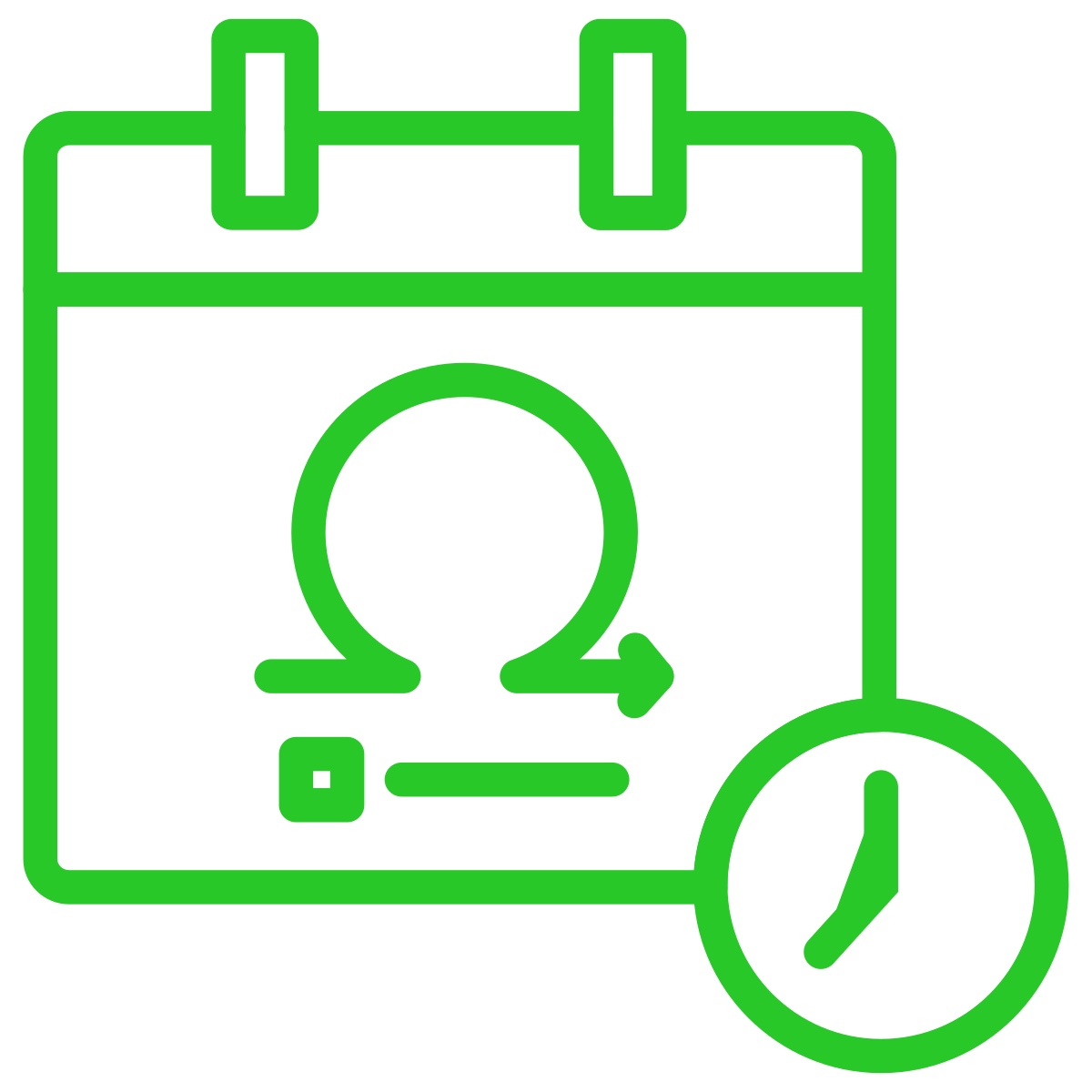Focus On Effective Interaction
To sustain an effective relationship with the customer, we need to ensure that our interactions are effective. Openness and transparency are essential from both sides. Willingness to offer and accept feedback and to act on that feedback is crucial to a successful, long-term, trusting relationship between the team and the customer.
In a Nutshell
An effective and successful relationship is founded on mutual trust between the teams and the customers. Trust is sustained by both sides proving they remain worthy of that trust. Clear, efficient and effective interactions are central to maintaining trustworthiness.
When interactions are unclear, inefficient or ineffective, opportunities arise for misunderstanding and misdirection. Such problems can only be resolved by effective interactions - thus these problems are likely to remain intractable when we interact poorly. Misunderstanding and misdirection will destroy the trust that has been created.
Effective formal interactions are those that are:
Scheduled at the right frequency
Associated with clear goals
Structured and planned
Well led
Well timed
Giving opportunities for feedback
A rich environment of interaction is created when there is a variety of situations in which interaction can occur. Less formal interactions are always useful as long as their outcomes are managed with openness and transparency. The classical “water cooler” conversation that leads to a whole new direction of feature development is brilliant for creativity. It will be less beneficial for mutual trust if the outcomes are kept from the rest of the customers and the teams for too long.
Implementing Practices
Blameless Post-Mortems are adopted as part Google’s Site Reliability Engineering framework. The concept has existed for sometime as part of traditional Service Operations. Its use within SRE shows its adoption in "DevOps” too. In this context, post-mortems are used to analyse the causes of operational failures and to decide how to improve the situation.
Teams plan work to fill their short-term planning horizon. With a clear understanding of current priorities and the capacity of the team, work items are chosen to satisfy the forthcoming delivery goals. The team elaborates the plan as necessary to ensure that there is a shared understanding of the work that is required.
Workshops are a significant investment of the time and intellect of the stakeholders involved - team, customers, leadership and others. It is essential that we strive to get the best outcomes we can achieve from every workshop that we execute. Effective workshop planning can give us a sequence of activities to lead participants from problem to solutions and prioritised actions.







